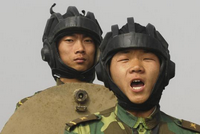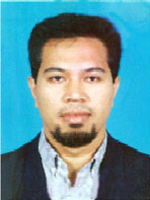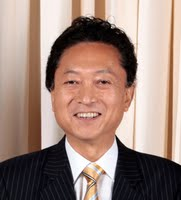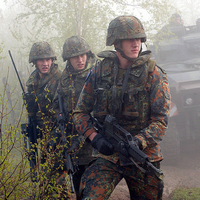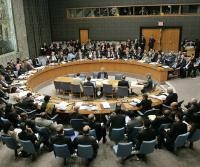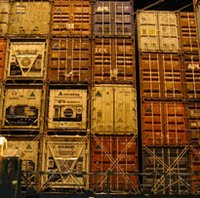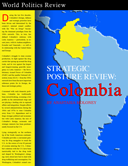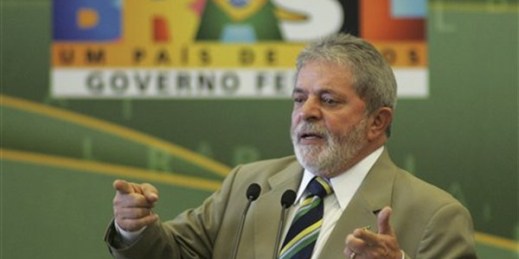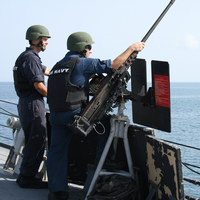
ABOARD U.S.S. DONALD COOK — In 2008, Somali pirates hijacked more than 100 large commercial vessels, provoking a massive international response. More than 40 warships from a dozen navies subsequently assembled to patrol the Gulf of Aden and the Indian Ocean. At the same time, diplomats forged consensus approaches that included U.N. declarations governing operations in Somali waters, military accords uniting formerly rival navies, and legal frameworks for prosecuting suspected pirates in various national jurisdictions. The result, a year into this “global war on piracy,” is that successful hijackings are way down. In the three months ending in September 2008, […]

